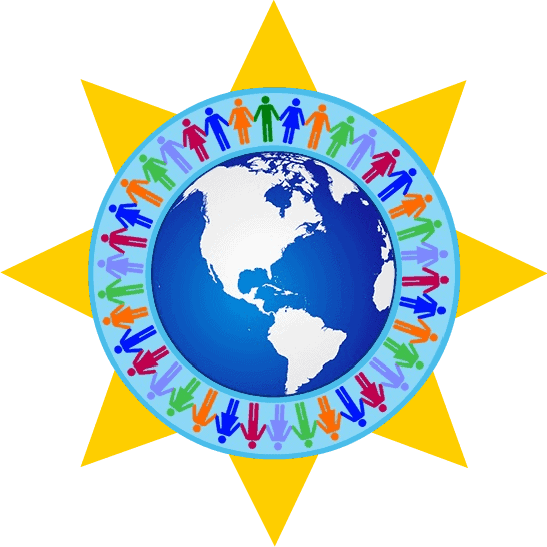How much water should you be drinking?
The right amount of water depends on a number of factors, including your weight, age, gender, body size and weather conditions. The Institute of Medicine recommends that men consume around 3 liters (about 13 cups) of total beverages daily, while women should aim for 2.2 liters (about 9 cups). This includes plain water and other beverages such as low-fat milk and 100 percent fruit juice. These numbers however, don’t always take into account the extra fluid lost through exercise which can be substantial if you’re sweating heavily or exercising in a hot environment. The exact amount depends on the type of exercise you’re doing and how long it lasts.
A 30-minute session of moderate aerobic exercise might cause you to lose about a cup of fluid through sweat alone whereas in an hour-long workout session at high intensity, you could lose anywhere from 1 to 2 cups of fluid through sweat alone plus another couple cups by breathing harder during exercise than normal due to increased respiratory rate. If you exercise regularly, you’ll need to drink more than this and if it’s hot outside or if you’re pregnant or breastfeeding, then you’ll need even more than normal.
How can I fit in more water?
You can fit more water into your day by making it a part of your daily routine. Make it your standard practice to carry a reusable water bottle with you wherever you go. You’ll have it there when you start feeling thirsty, so it’s easier to drink more throughout the day rather than waiting until you’re really parched. If you happen to have an insulated one, it’ll keep your water colder for longer! You can also keep a pitcher filled with water in the refrigerator so it’s easy to grab instead of reaching for something else first thing in the morning or after dinner.
Be sure to drink water with every meal. Water can be an appetite suppressant, which can make you feel fuller and eat less at mealtimes. It also helps aid in digestion because it contains no calories or sugar, unlike juices or sodas that can trigger hunger pangs an hour after drinking them. You can add a glass of water to your morning coffee or tea for an extra boost of hydration and you can add lemon wedges or mint sprigs to enhance the flavor of plain water.
Make sure your water is cold. Research shows that people who drink cold water tend to drink more than those who drink warm or room temperature water. The reason is because when the temperature outside is hot, the body naturally wants something cold so if you’re working out outside during the summer months, be sure to keep some bottled water handy in your car so you don’t get parched from all that sweating.
Don’t wait too long to hydrate and drink before you’re really thirsty. When you’re dehydrated, it can be hard to know if you’re actually thirsty or not because of all the signals that are telling your brain to drink more. By the time you feel thirsty, it’s already too late because your body has already depleted its reserves of water. Drink a glass of water before you go to sleep at night so that your body can replenish itself during the night without having to wake up for a drink.
It is so important to hydrate; it helps your body burn calories more efficiently. Drinking water can help people feel fuller without overeating, which may reduce calorie intake over time and help with weight loss or maintenance. It helps keep you hydrated and energized. Water makes up about 60 percent of a person’s body weight, so it’s essential to good health. Water transports nutrients throughout the body and removes waste products. It’s also an important part of many chemical reactions that occur within cells and it helps you maintain a healthy weight.
You may have heard that drinking eight glasses of water every day will help you lose weight or prevent weight gain but this isn’t true. It does however boost your metabolism. Exercise requires energy, which comes in part from carbohydrates that are stored in muscles as glycogen. Water consumption before or during exercise helps transport these carbohydrates to working muscles so they can be used as fuel during activity.
Water also aids in digestion and helps to digest the food you eat by breaking down fats and proteins so they can be absorbed into the bloodstream. If you’re not drinking enough water, this process will slow down, which means it’ll take longer for your body to break down what you’ve eaten and release energy from it. Water also helps flush toxins from your body by carrying them away in urine or sweat. Staying hydrated prevents constipation and kidney stones because both are caused by decreased fluid intake in the body.
Water also keeps your skin looking young by preventing dryness and reducing wrinkles caused by sun damage while it helps to lubricate the joints and muscles. Drink a glass of water. That’s pretty much all there is to it. Your body needs water in order to function properly, and though many people are consciously aware of this point, not everyone actually takes the time to drink as much water as they should. Since water is so important for your health and well-being, you should always monitor your intake to make sure that you’re drinking enough each day.



